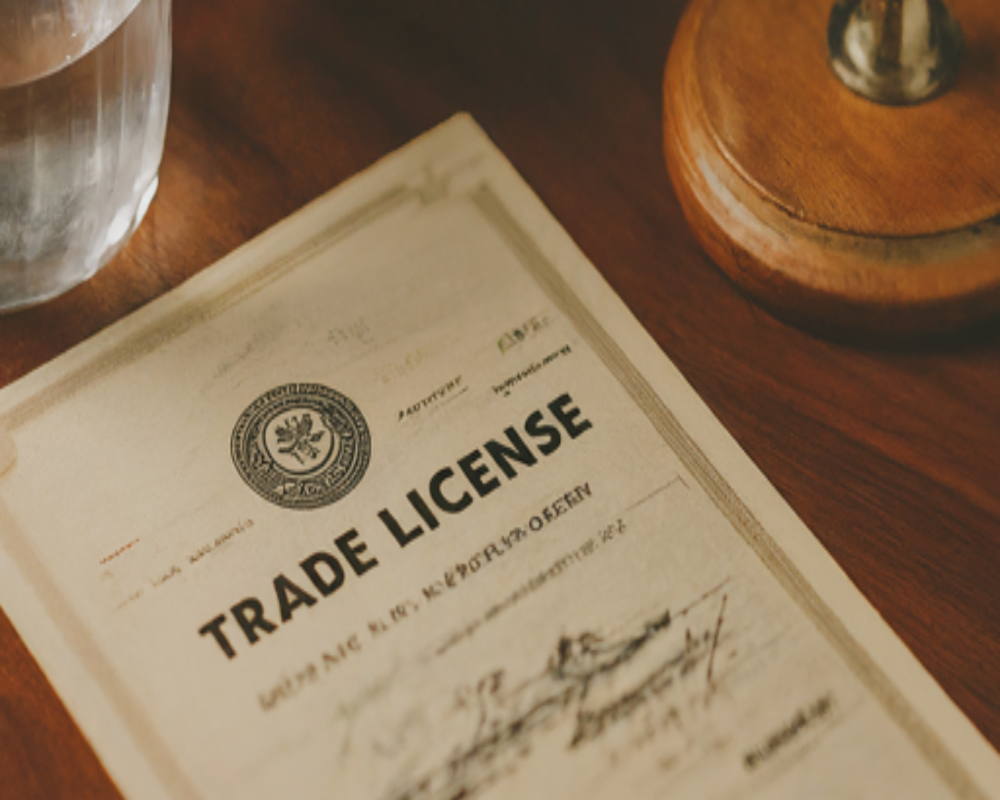Introduction
A trade license is a legal document issued by a local municipal authority that grants permission to a business to carry out a specific trade or activity at a particular location. For partnership firms, obtaining a trade license is essential before commencing operations, as it ensures that the business complies with public safety, health, and municipal regulations. Although partnership firms are governed by the Indian Partnership Act, 1932, their operational permissions at the local level fall under the jurisdiction of the State Municipal Corporation or Local Body. Trade license norms vary slightly from state to state but generally follow a common framework applicable to all partnership firms engaged in commercial activities.
Applicability of Trade License to Partnership Firms
Trade license requirements apply to partnership firms engaged in manufacturing, trading, services, or food-related businesses, especially when such activities are carried out in commercial or industrial premises. The license is mandatory for:
- Opening a shop, factory, or warehouse
- Running a restaurant, clinic, or salon
- Operating within municipal limits
The local authority verifies whether the business adheres to land-use norms, sanitation standards, fire safety regulations, and environmental guidelines.
Issuing Authority and Governing Rules
The trade license is issued by the Municipal Corporation, Municipality, or Urban Local Body under whose jurisdiction the business premises fall. The issuing authority operates under the State Shops and Establishments Act or Municipal Bye-laws. The type of license, applicable fees, and supporting documents may vary based on the state and the nature of the business.
Documents Required for Trade License
Partnership firms must submit the following documents when applying for a trade license:
- Partnership deed and PAN card of the firm
- Identity and address proof of all partners
- Proof of business address (rent agreement, utility bill, or property tax receipt)
- NOC from the property owner if the premises is rented
- Site plan and photographs of the establishment
- Applicable industry-specific approvals, such as FSSAI for food or PCB clearance for manufacturing
Application Procedure
The application for a trade license can be filed online or offline with the local municipal authority. The procedure generally includes:
- Registering the partnership firm and collecting all required documents
- Filling the trade license application form
- Uploading or submitting the form with the necessary attachments
- Payment of prescribed fees
- Inspection of the premises by municipal officers
- Grant of license with a validity period (usually one year)
The license must be renewed annually by submitting updated documents and paying renewal fees.
Conditions and Compliance
Once the license is issued, the partnership firm must adhere to the following conditions:
- Operate only within the permitted business activity
- Maintain hygiene, safety, and compliance with public health regulations
- Display the trade license prominently at the place of business
- Inform the issuing authority about changes in business structure, partners, or address
Violation of license conditions can result in penalties, suspension, or cancellation of the license and legal action against the firm.
Exemptions and Special Considerations
Certain small or home-based businesses may be exempted from trade license requirements depending on local policies. However, firms engaged in food handling, chemicals, healthcare, and high-risk sectors are usually strictly regulated and must obtain the license before starting operations.
Conclusion
Trade license norms are a vital component of legal compliance for partnership firms engaging in commercial activities. They ensure that businesses operate responsibly, maintain public safety, and conform to municipal laws. Although the process is state-specific, most partnership firms are required to obtain this license to avoid penalties and disruptions. By securing a trade license, partnership firms not only comply with the law but also enhance their credibility and readiness for growth, bank financing, and institutional collaboration. Regular renewals, documentation, and adherence to operating conditions ensure that the firm remains in good standing with local authorities.
Hashtags
#TradeLicense #Partnerships #BusinessRegulations #Entrepreneurship #SmallBusiness #LegalCompliance #BusinessLicense #StartupTips #PartnershipNorms #BusinessGrowth #RegulatoryGuidelines #LicenseRequirements #BusinessPartnership #EntrepreneurAdvice #TradeRegulations #ComplianceMatters #BusinessLaw #PartnershipAgreement #StartupCompliance #BusinessSuccess


0 Comments